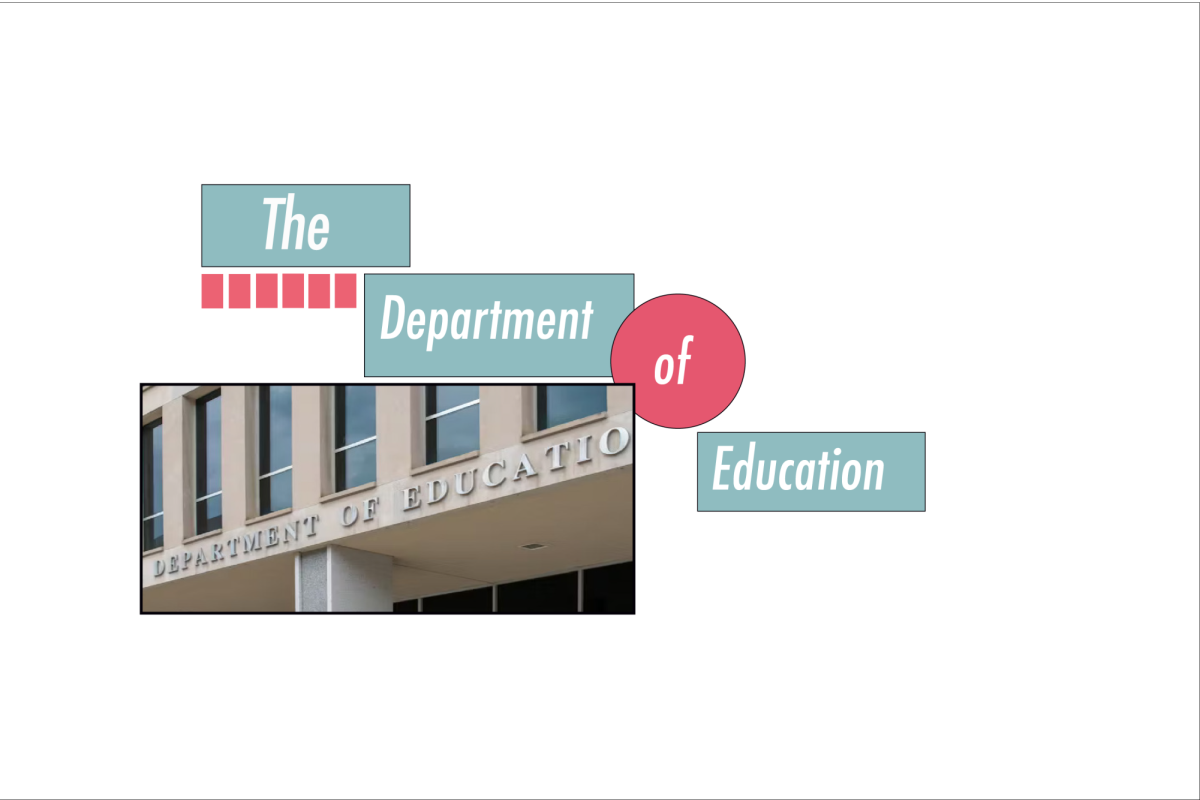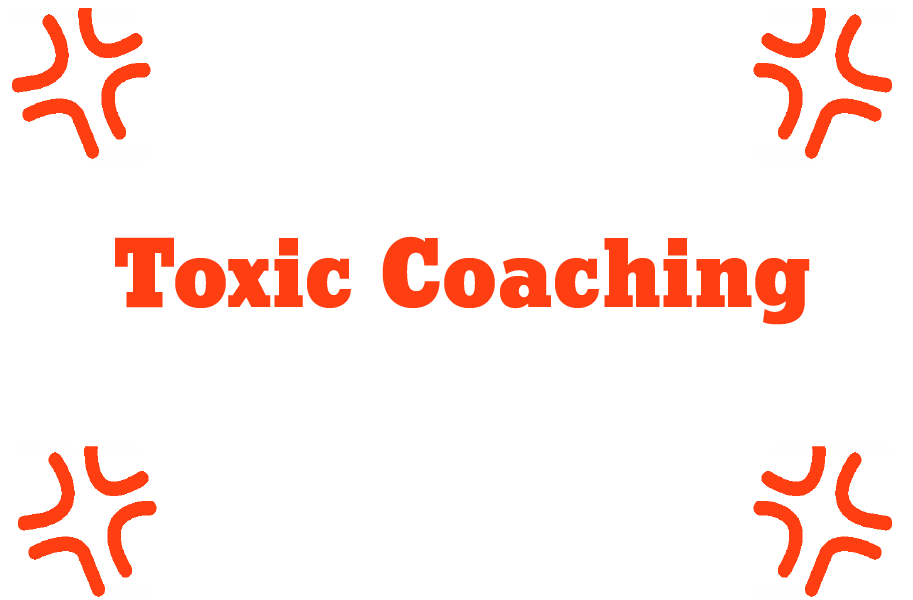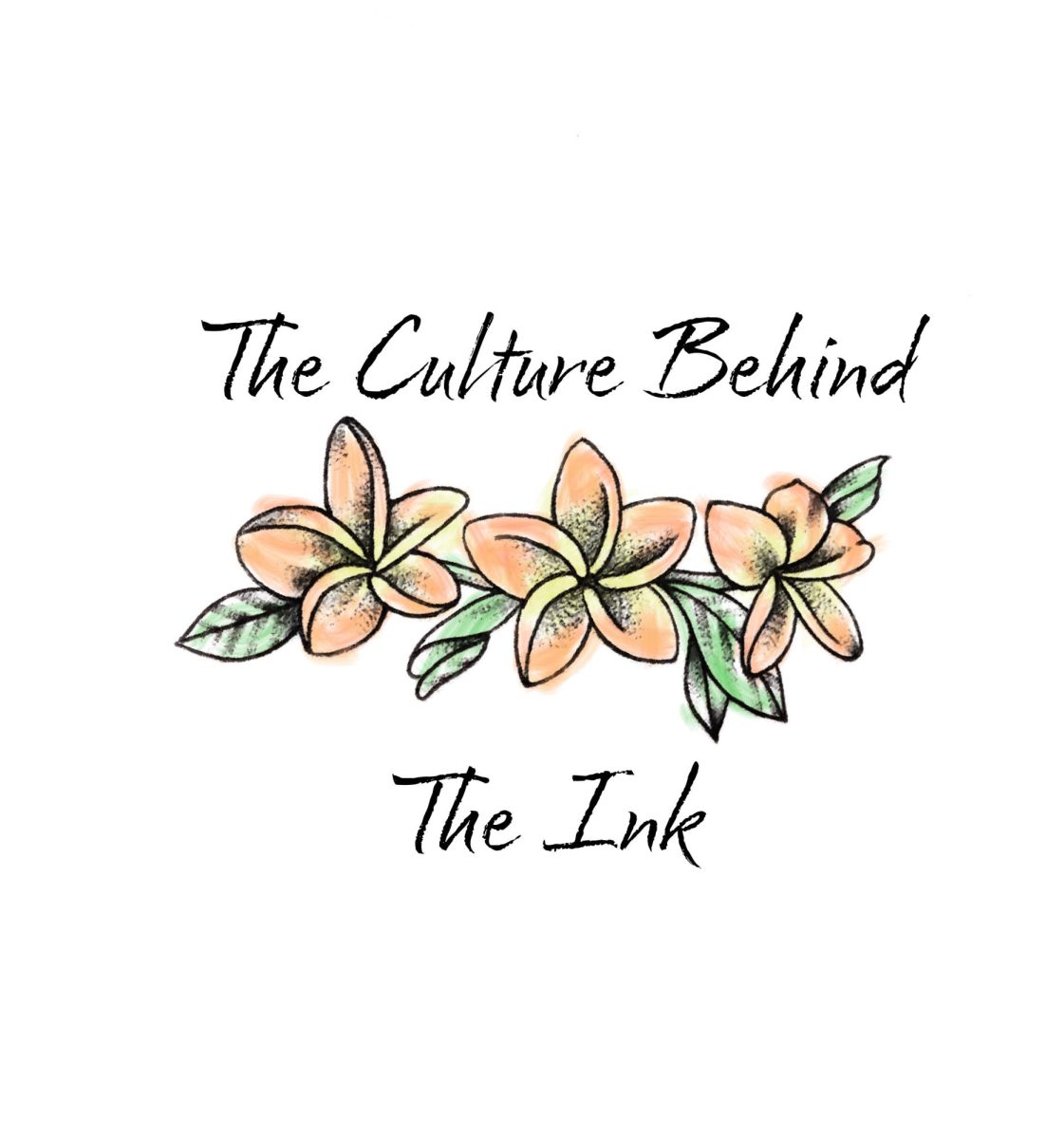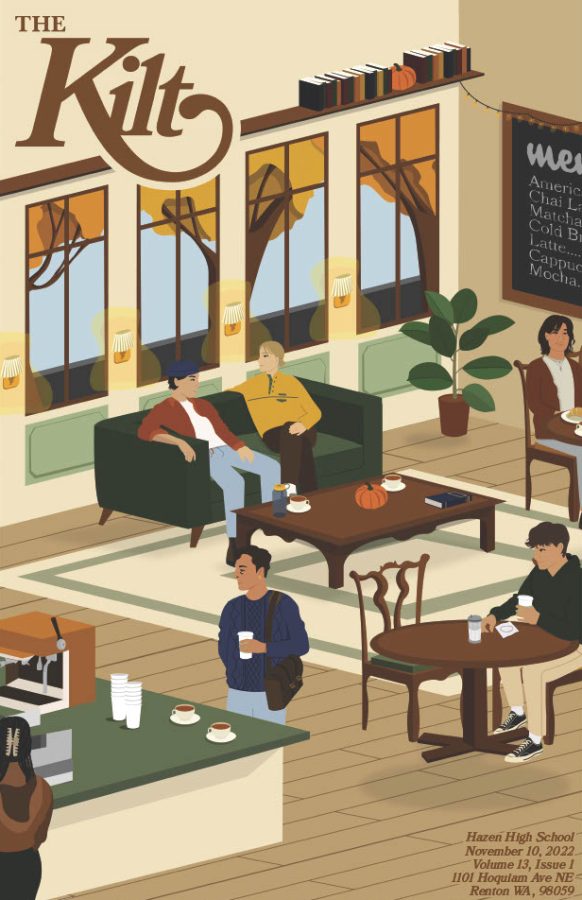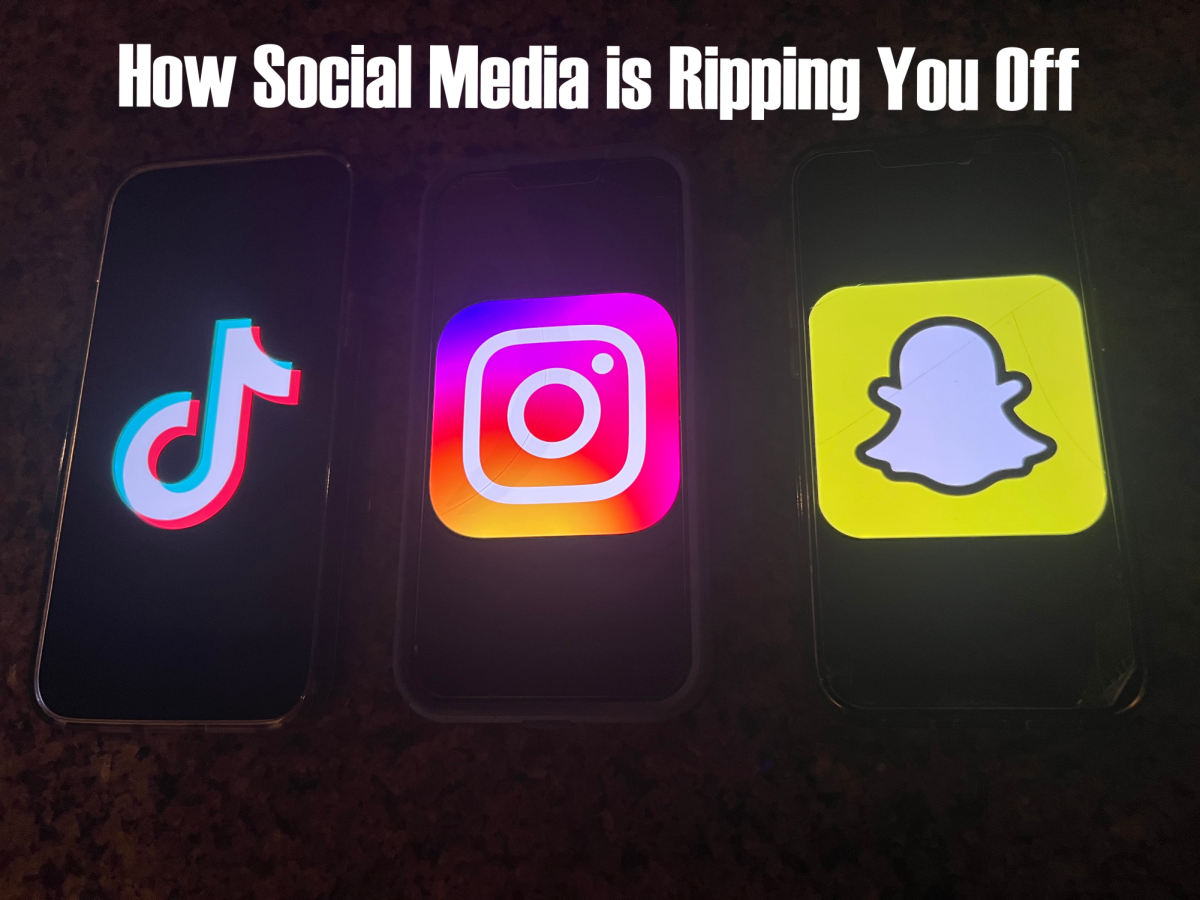What is the very first thing you do after waking up in the morning? CBS News found that approximately 89% of people check their phones within 10 minutes of waking up. Most would scroll, check socials, or do anything else that occupies their first few minutes of being awake.
Social media has evolved drastically over the last few decades, and it has become increasingly more addictive, changing how people think and act daily. Apps such as TikTok, Instagram, Snapchat, YouTube, and more have the world in a chokehold, and it is beginning to influence people even younger.
This social media use is both concerning and super dangerous to future generations if this habit is what they are being raised with. If we allow children to be exposed to social media so early in their lives, they will be permanently tainted by other people surrounding them. At a young age, mental health issues can arise from social media use, and self-image and self-treatment can be depleted as more and more children are affected by social media platforms.
One of the most obvious effects of social media on children is maturity levels and the speed at which maturity develops. It is clear that clothing, for example, has changed drastically for children over the years. Children ten or more years ago were not wearing similar clothes at eight years old as they are today. Kids were not walking out of the house in crop tops and baggy jeans. They did not shop around for the latest airforces, or search in high-end stores for makeup and skin products. Of course, this may not be purely caused by social media, but it is a great factor. There is nothing wrong with maturing at a young age, however, the length of childhood and just being a kid can sometimes be lost.
There have been numerous cases in which kids seem not only addicted to electronics, but are motivated by the device. For example, kids are increasingly more inclined to behave at a dinner table, in a store, or just sitting in the car, if they have a game to play on an iPad or a video to watch. It is very rare nowadays, to see a child behave without some sort of electronic to hold over them. This leads to parents beginning to use technology as a reward system and children start to see electronics in such a positive light that they become addicted to them.
With iPads and tablets gaining popularity among younger children, toys have been put on a backburner for those kids, as they do not seem interested in physical games and toys when they have electronic devices. Handheld toys and games allow young kids to use their imagination, grow in their personality, and learn very important skills such as interactions and problem-solving that they would grow up to need. However, when those kids replace them with electronics, the experience and growth that comes from imaginative play become shortened, muddled, and eventually lost.
Another effect of social media is attention span. It has become increasingly difficult for people to be able to focus for long periods. The most prominent reason for this is the relaxing and mindless action of scrolling on our devices, and how short videos have become. This has trained our minds to focus not even long enough to watch a full one-minute clip. Golden Steps ABA states that the average person’s attention span has gone from 12 seconds to 8.25 seconds in the last two decades. This is extremely concerning when compared to a goldfish, which has a longer attention span of 9 seconds. Yes, this has reached a point where goldfish can stay attentive longer than we can.
Now, when it comes to tasks or everyday occurrences, this number is much greater, in the sense that we can do homework or chores for more than 8 seconds. The average number of 8 seconds relates only to when the brain is not attentive, active, or interested, such as when we use social media. The average attention span for sixteen years of age and older, is approximately 32-50 minutes or more when doing tasks that are either necessary or interesting to our minds. Good or bad as this may seem, if the attention span percentage has decreased by nearly 70%, there is an issue. This also leads back to the fact that if kids cannot stay attentive, it becomes even more difficult for them to problem-solve and learn at a beneficial rate.
The amount of sleep people get is also decreasing due to the overuse of social media. The blue light that our electronic devices emit interferes with our circadian rhythm, which is our 24-hour internal clock that controls our sleep and wake cycle. Blue light is a stimulator to parts of our brain that keep us awake and alert, which energizes us before we sleep when we are supposed to be going to bed. The Sleep Foundation states that approximately 21% of adults say that they wake up to check their phone during the night, and a poll of hospital employees and university students found that 70% of people were reported using social media before getting into bed with about 15% spending an hour or more on social media before they fall asleep.
When people begin to abuse technology, in the sense that they affect others negatively through their actions in the form of bullying, it seems to make social media a weapon instead of a resource. There have been too many situations where people are cyberbullying and being generally unkind to other people online. Most of the time, this is invisible to the eyes of everyone around them. Social media is an amazing resource for communication and learning, however, when people begin to abuse those media sources it becomes difficult to overlook the issues that pop up. Social Media Victims Law Center explains how study after study continues to show that social media use is correlated to higher risks of depression, lower self-esteem, and anxiety.
All of these factors can seem to have a destructive effect on our lives, these were intended for communication, connection, and entertainment, if all of those negative effects are emerging, it seems as if we are being ripped off. These are issues that cannot be avoided in many cases, when using social media. There are pros and cons to using online resources, as there always are, but with the use of social media, the consequences seem to override the positive points. How about you? Do you think social media is ripping you off?






